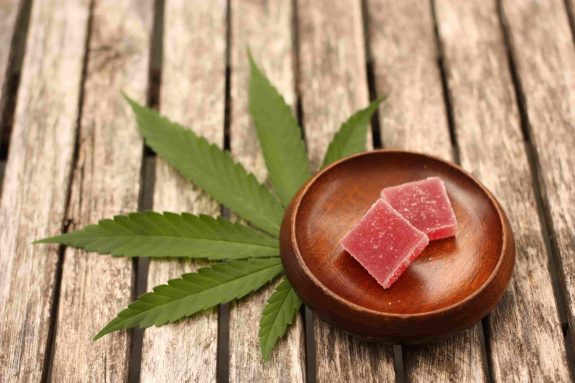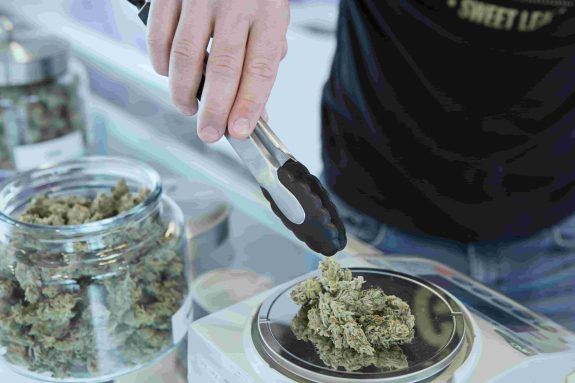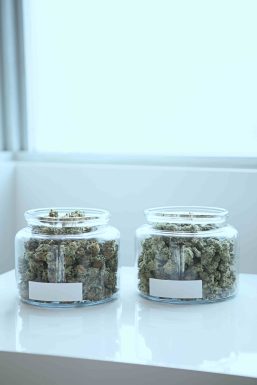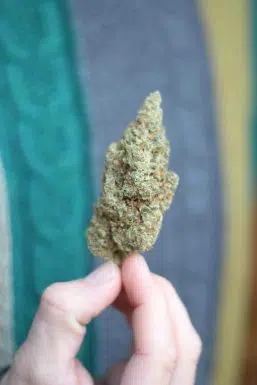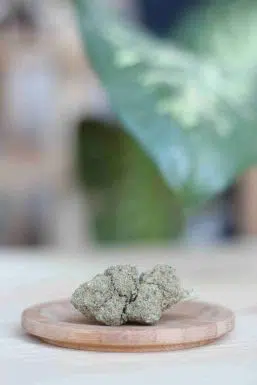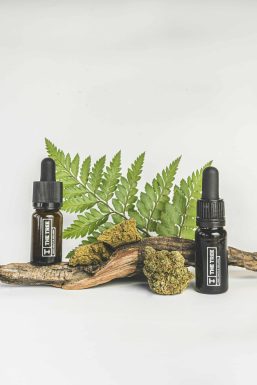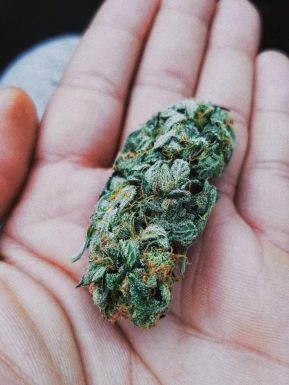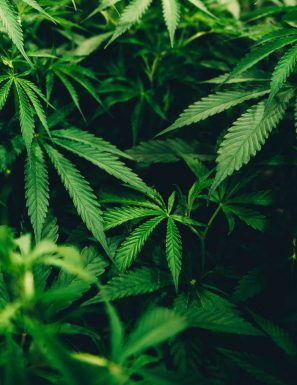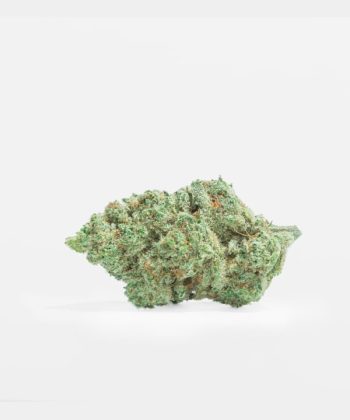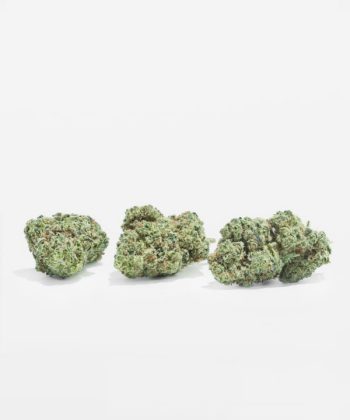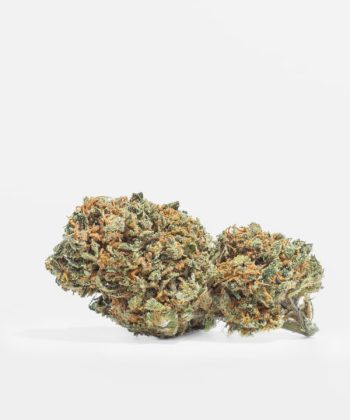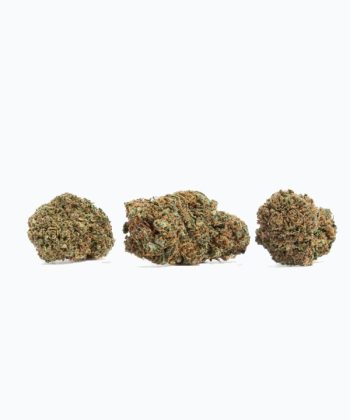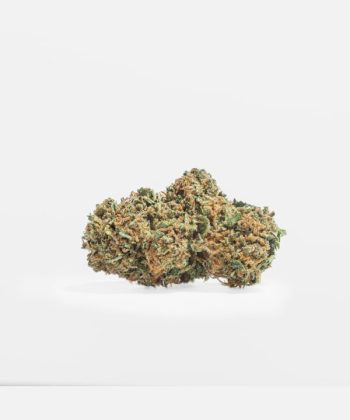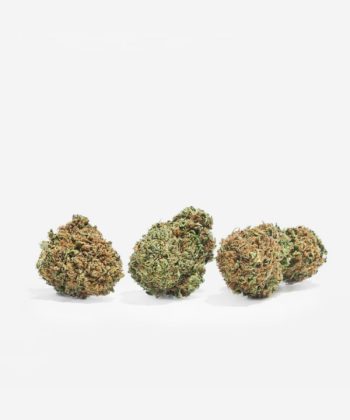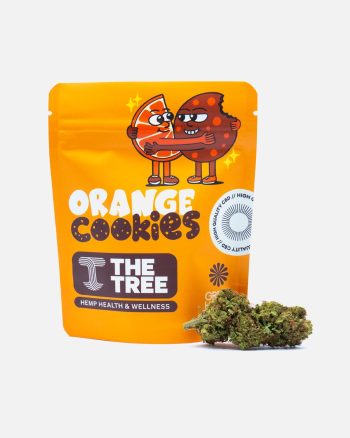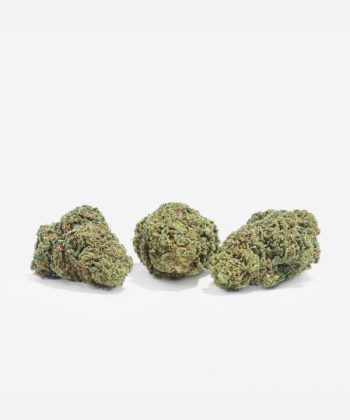
Studies on CBD and cannabinoids

CBD and cannabinoid studies
In recent years, the amount of scientific research on CBD and cannabis has skyrocketed. More and more information about the potential uses and applications of CBD is becoming available thanks to these studies.
On this page, we take a brief look at the most important scientific articles on CBD in recent years. Before we begin, however, it should be made clear that their conclusions are not meant to be taken as claims.
As always, The Tree CBD reminds you that CBD products are not intended to diagnose, treat or cure any disease. It is recommended to consult your doctor on a case-by-case basis, and to always follow medical advice.
Studies on CBD's anti-inflammatory potential
The anti-inflammatory properties of CBD are among the most studied. In fact, if today we can have creams and ointments to help treat these conditions, it is thanks to research carried out in this field.
CBD’s anti-inflammatory potential for a variety of ailments has been demonstrated in several experimental models.
Two decades ago, in 2003, a study on laboratory mice concluded that transdermal administration of CBD has anti-inflammatory effects. They claim that this is possible due to the compound’s ability to penetrate skin and therefore could be used in the treatment of rheumatic pain¹.
Years later, in 2015, a review was conducted of numerous scientific articles on the potential therapeutic uses of CBD. Reviews are meta-studies, i.e. syntheses of the available evidence on a given topic.
The analysis finds evidence for the potential use of CBD in inflammatory conditions such as arthritis, ear inflammation, inflammatory bowel disease and inflammatory lung disease, among others. Finally, it concludes that human clinical studies are needed to confirm these hypotheses².
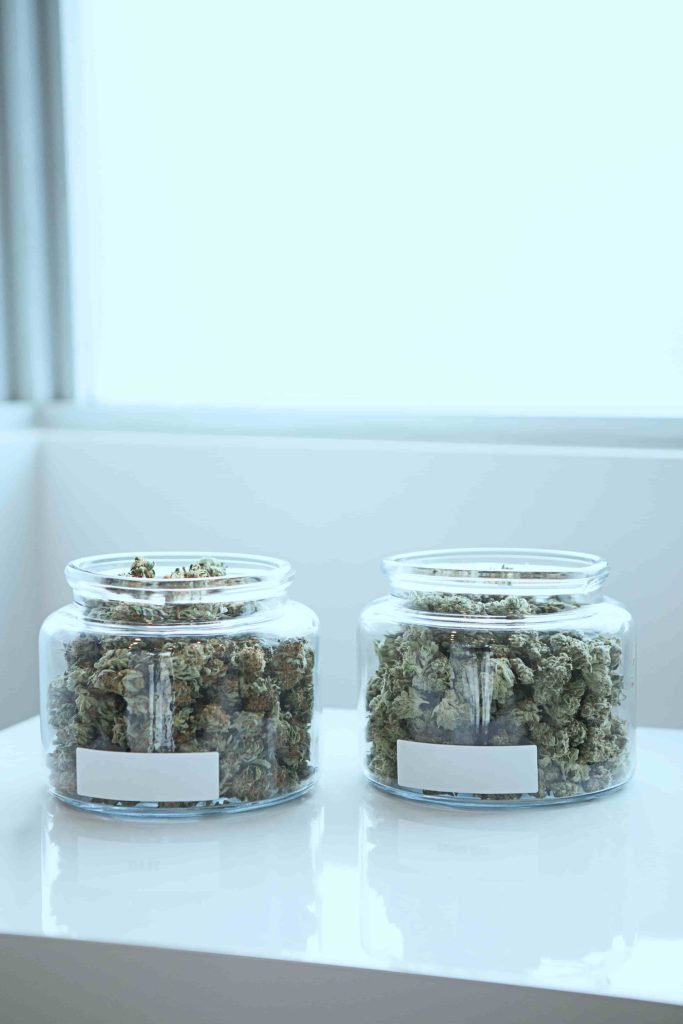
Studies on CBD's analgesic potential
Another review of several studies, the results of which were published in 2018, assessed available evidence on the use of CBD in pain treatment.
One of the review’s conclusions is that current evidence supports the use of cannabis in the treatment of chronic pain in adults³. However, it advises that more clinical trials are needed to determine which types of cannabis are most effective for each type of pain, what would be the ideal duration of treatment, etc.
Studies on CBD in skin care
In 2018, a group of scientists concluded that CBD has the ability to modulate inflammatory reactions in allergic contact dermatitis⁴. They did so by conducting in vitro tests, concluding once again that human clinical trials are needed, given the strong evidence available.
But CBD also has the potential to help treat other skin diseases, such as psoriasis. According to research published in 2016, CBD has the potential to suppress the two main stages of psoriasis pathogenesis⁵. Again, based on promising results, the authors acknowledge the need for further clinical trials to confirm their findings in humans.
According to a study published in 2014, CBD also has the ability to regulate the skin’s sebum production, which in combination with its anti-inflammatory power, means CBD can help treat acne.
In addition, CBD has antioxidant properties⁶, making it a trendy ingredient in natural cosmetics.
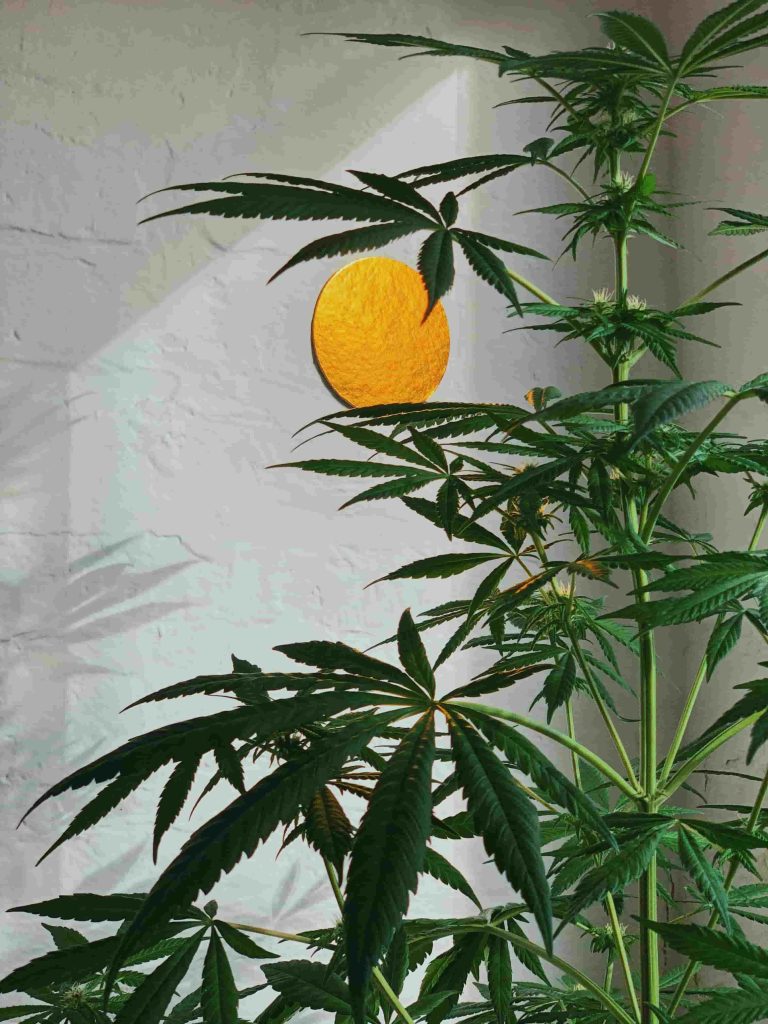
Studies on CBD's anxiolytic potential
CBD has anxiolytic properties that can help in situations of acute stress or anxiety, which also means it can be useful in cases of occasional insomnia.
A review of articles published in 2018 concludes that CBD has the potential to treat post-traumatic stress⁷.
Furthermore, research published in 2010 suggests that CBD reduces anxiety levels in people suffering from social anxiety disorder⁸. CBD also helps to reduce occasional situational anxiety, such as that experienced during public speaking⁹.
Finally, when it comes to sleep problems, a study published in 2019 states that sleep quality improved in 66.7% of participants taking CBD. It also concludes that more trials with larger population samples are needed, but the results are very promising¹⁰.
Studies on CBD and sport
The benefits CBD described so far are ideal for athletes. Its anti-inflammatory and analgesic properties, as well as calming and anxiolytic properties, are useful in recovery after an intense session of training or competing.
Although there is little research on the topic, a review of several studies published in 2021 suggests that CBD has the potential to be used as part of strategies for recovery from fatigue and muscle damage caused by sports¹¹.

Other CBD studies
For example, two studies, one from 2013 and another from 2018, suggest that CBD could be helpful in the treatment of tobacco addiction, as its anxiolytic properties may help withdrawal symptoms¹², ¹³.
Another 2018 study suggests that CBD may be useful in treating symptoms of certain types of epilepsy¹⁴.
In short, CBD research is generating more and more available data on its potential uses.
You can find all the studies cited in the references section, in case you would like to read the original articles in English for more in-depth information.
References to the cited studies on CBD
- Lodzki, M., Godin, B., Rakou, L., Mechoulam, R., Gallily, R., & Touitou, E. (2003). Cannabidiol—transdermal delivery and anti-inflammatory effect in a murine model. Journal of controlled release, 93(3), 377-387.
- Burstein, S. (2015). Cannabidiol (CBD) and its analogs: a review of their effects on inflammation. Bioorganic & medicinal chemistry, 23(7), 1377-1385.
- Vučković, S., Srebro, D., Vujović, K. S., Vučetić, Č., & Prostran, M. (2018). Cannabinoids and pain: new insights from old molecules. Frontiers in pharmacology, 9, 1259.
- Petrosino, S., Verde, R., Vaia, M., Allarà, M., Iuvone, T., & Di Marzo, V. (2018). Anti-inflammatory properties of cannabidiol, a nonpsychotropic cannabinoid, in experimental allergic contact dermatitis. Journal of Pharmacology and Experimental Therapeutics, 365(3), 652-663.
- Norooznezhad, A. H., & Norooznezhad, F. (2017). Cannabinoids: Possible agents for treatment of psoriasis via suppression of angiogenesis and inflammation. Medical hypotheses, 99, 15-18.
- Atalay, S., Jarocka-Karpowicz, I., & Skrzydlewska, E. (2020). Antioxidative and anti-inflammatory properties of cannabidiol. Antioxidants, 9(1), 21.
- Bitencourt, R. M., & Takahashi, R. N. (2018). Cannabidiol as a therapeutic alternative for post-traumatic stress disorder: From bench research to confirmation in human trials. Frontiers in neuroscience, 502.
- Crippa, J. A. S., Derenusson, G. N., Ferrari, T. B., Wichert-Ana, L., Duran, F. L., Martin-Santos, R., … & Hallak, J. E. C. (2011). Neural basis of anxiolytic effects of cannabidiol (CBD) in generalized social anxiety disorder: a preliminary report. Journal of psychopharmacology, 25(1), 121-130.
- Linares, I. M., Zuardi, A. W., Pereira, L. C., Queiroz, R. H., Mechoulam, R., Guimarães, F. S., & Crippa, J. A. (2018). Cannabidiol presents an inverted U-shaped dose-response curve in a simulated public speaking test. Brazilian Journal of Psychiatry, 41, 9-14.
- Shannon, S., Lewis, N., Lee, H., & Hughes, S. (2019). Cannabidiol in anxiety and sleep: a large case series. The Permanente Journal, 23.
- Rojas-Valverde, D. (2021). Potential role of cannabidiol (CBD) on sport recovery: A narrative review. Frontiers in Physiology, 1210.
- Morgan, C. J., Das, R. K., Joye, A., Curran, H. V., & Kamboj, S. K. (2013). Cannabidiol reduces cigarette consumption in tobacco smokers: preliminary findings. Addictive behaviors, 38(9), 2433-2436.
- Hindocha, C., Freeman, T. P., Grabski, M., Stroud, J. B., Crudgington, H., Davies, A. C., … & Curran, H. V. (2018). Cannabidiol reverses attentional bias to cigarette cues in a human experimental model of tobacco withdrawal. Addiction, 113(9), 1696-1705.
- Stockings, E., Zagic, D., Campbell, G., Weier, M., Hall, W. D., Nielsen, S., … & Degenhardt, L. (2018). Evidence for cannabis and cannabinoids for epilepsy: a systematic review of controlled and observational evidence. Journal of Neurology, Neurosurgery & Psychiatry, 89(7), 741-753.

Frequently asked questions about CBD and cannabinoid studies
How were CBD's properties discovered?
What does the WHO say about CBD?
If I take CBD, will I obtain the benefits mentioned in studies?
Featured CBD products

CBD dosage calculator

Find the best CBD product for you
More about CBD
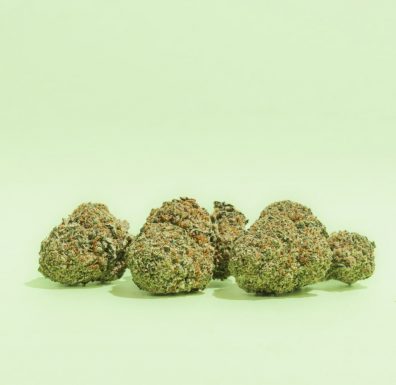
Hemp flower: beneficial properties
The hemp flower has multiple beneficial properties, since it has a great analgesic and anti-inflammatory capacity. In addition, it is also considered antiemetic (reduces nausea), anxiolytic, antioxidant, neuroprotective, antipsychotic, antitumor, bactericidal and immunomodulatory.
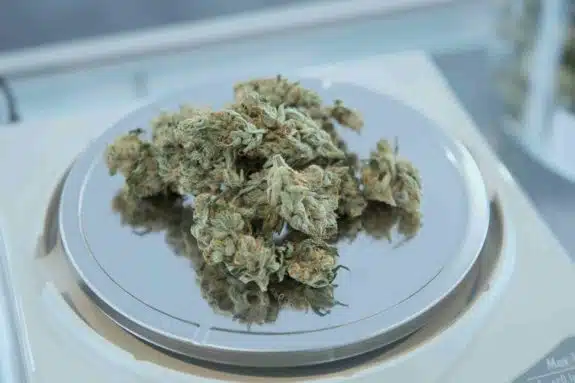
CBD side effects
CBD (cannabidiol) is a molecule produced by the cannabis plant, one of its most well-known and common active ingredients. It’s obtained from the hemp plant,

What or how is CBD useful for you? We explain it to you
CBD is useful and has properties that will help your well-being. This extract from hemp has anti-inflammatory, antioxidant and moisturizing properties, in short, you will





